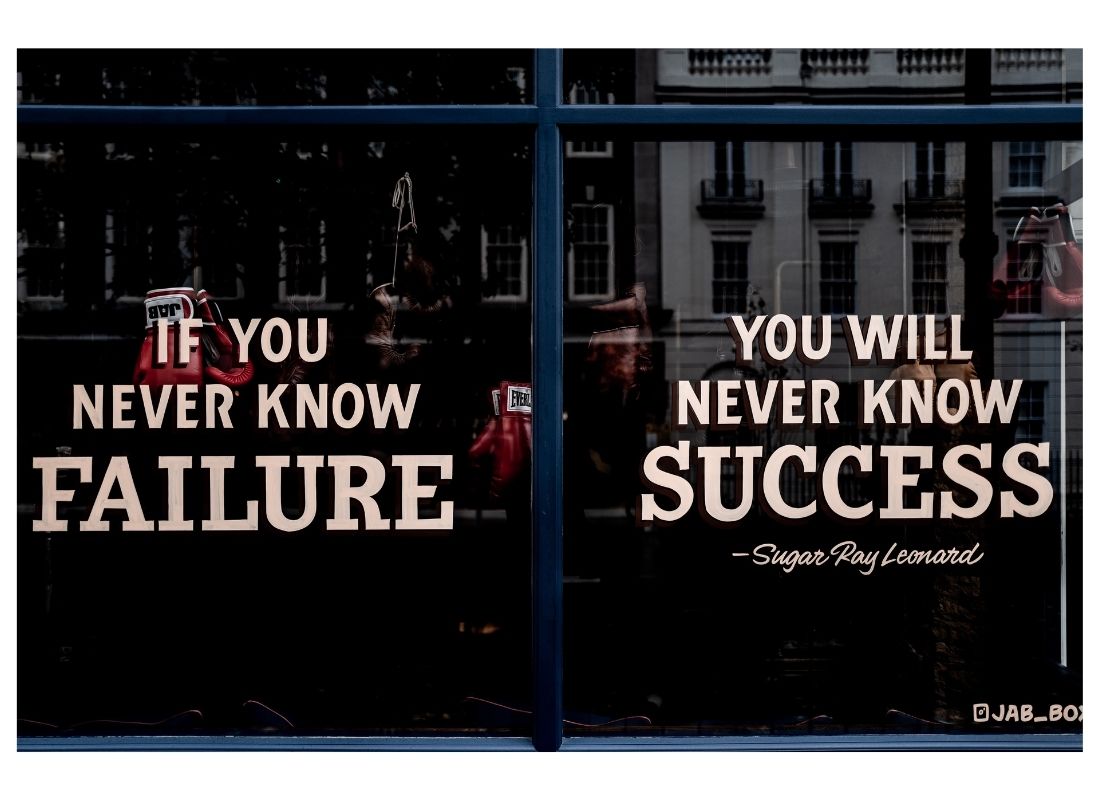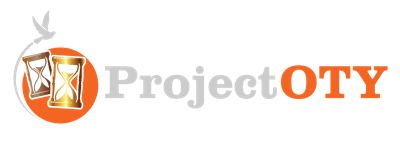You have more control of your life than you think.
In fact, in our article on how to skyrocket personal confidence in the workplace, we emphasize the fact that all humans are the writers of their own life stories.
You are the main character.
The issue that you might tend to face in your life is that you can get caught up in transformative events that cause you to shift personal responsibility. This can happen unconsciously.
When tough times arise that feel stressful or unfair, you can fall into the mental trap of shifting responsibility onto external forces. This could look like blaming the weather for an awful day or being part of the dreaded group work project where everyone points fingers at each other.
When you shift the blame and responsibility, you shift your power over to your perceived source of suffering or pain.
You then become the victim of your life, rather than the main character you are meant to be.
When shifting away from your power and responsibility, you then lack the ability to be able to take proper charge in your personal life. This lack of control has the potential to seep into your job, relationships, and impact your overall life happiness.
It’s time to take ownership of you.

You don’t have to make this journey alone. The Project OTY Build Your Roadmap app is here to guide you on taking control of your life to achieve your dreams, on your terms. Check out our unique process that has leaders buzzing.
What does it mean to take ownership of your life?
The act of taking ownership of your life is best described by a fork in the road.
You have two paths:
Path #1: You can picture this as a dark path into mysterious woods.
This path is characterized by fear, isolation, and an inability to control the surrounding environment.
Those who routinely take this path are those who let life “happen to them”. They give power to external forces.
Path #2: Imagine that this is a well-lit trail on a coastal cliff. If you take this route, you have the ability to see the world around you from a big-picture perspective.
This path is routinely taken by those with a strong sense of self-awareness, accountability, and a firm emotional connection to others.
Leaders, managers, and those who feel that “life happens for them” continually choose to take this path.
How do you take ownership of yourself?
The concept of two paths is important, but how do you take the path of life and self-ownership routinely?
Taking ownership starts with you identifying that you no longer want to take the path of a “victim” mindset (Hint: Taking Path #1).
From here, there are a number of steps that you can take in order to take ownership of your life and pursue the path of a leader.
The ability to achieve all that you set your mind to is dependent on your ability to control and write your story.
1. Understand your locus of control.
While everyone is the main character of their life story, everyone has a different understanding of the extent that they control their environment.
This results from childhood upbringing, life events, and experiences that have shaped their beliefs and the lens through which the world is seen.
People tend to either have an internal locus of control or an external locus of control.
An external locus of control means that you give credit to outside forces for what happens to you. Those who lead a life in this framing, tend to find themselves stressed and anxious.
In contrast, an internal locus of control means that your inner strengths are what impact your life. If you’re internally driven, you rely on a strong sense of responsibility and accountability.
To illustrate the difference between the two, consider two people dead-set on saving money.
A person with an external locus of control will routinely focus on upcoming bills, inflated prices, limited income, and related items that drain their wallets. They will see these factors as constantly preventing them from saving each month, and instead of living paycheck to paycheck. Their environment dictates their bank account.
A person with an internal locus of control will see themselves as capable of saving money through discipline and consistent planning. Their abilities and strengths enable them to earn money and use it to thoughtfully power their lives. They put their energy toward maximizing efforts to attract opportunities that earn them more money. They control their money, not the other way around.
Which way are you motivated?
2. Determine your life goals are relevant.
Taking ownership of your life comes with knowing where you want to go.
However, not everyone makes goals that are most relevant to them.
Throughout your life, you may have been influenced by family, social media, or schooling to pursue certain goals.
Take our imaginary high school student, Jim. He likes the life sciences and helping others. He also likes sketching. Between the two, he grew up being pushed toward being a doctor as a preferred profession.
He goes to school, studies hard throughout medical school, completes his residency training and board exams, and then finally meets his first patient.
His job is rewarding, but he wishes he had dedicated more time to sketching. His creative endeavors were pushed to the backburner for his current career.
While he might have had different strengths for both areas of life, he pursued the life goal that others had set, rather than fully focusing on all visions that help him feel fulfilled in life.
Jim feels something is missing. He took action on the visions that life pushed him towards, rather than all the visions he felt compelled to do.
Taking ownership of your life to be properly fulfilled means giving yourself the ability to imagine and craft a plan based on what you imagine your future to look like. Look at your future from a big-picture perspective.
Are all your goals relevant to what you want to do?

Or, are all your goals reflecting a highlighted success stories on social media or pressure from others to pursue a certain path?
Sit down and write a short paragraph of what you imagine your life will look like in the next few years.
Think about these questions to guide your writing session:
- What will you do?
- How will you live your day-to-day?
- What goals will you be pursuing?
Additionally, give yourself permission to dream about your future. Envision your life boldly.
3. Embrace hard times and failures.
Taking ownership of your life means not only taking responsibility for the good but owning the negative moments.

Like most, you’ve probably faced a moment of failure, made mistakes, and picked the wrong path at some point.
The sooner that you accept mistakes, pivot your direction and path, and keep going – the sooner that you can move beyond failures and mistakes.
By failing fast and learning from those failed moments you can set yourself to succeed just as quickly.
You won’t win all battles, but accepting that fact helps you level up and win at the game of life.
4. Take action with small steps.
Now that you’ve identified what your future looks like in taking action, take time to set small steps.

Taking ownership and working to achieve all your visions is not an overnight effort. Like your future, Rome took some time to build.
If you’re taking strides, make them small. By setting small, incremental steps you can set yourself up for taking continual action.
Additionally, by setting the next steps you make a committed effort to making progress toward the life you want.
Related: How to Create Empowering Vision Statements for Your Ideal Life
If you need help moving forward in your life, Project OTY is here to give guidance and mentor you.
The ability to take ownership of life and achieving more than they ever thought possible are some of the results of our students. See what they have to say here about their journey.
